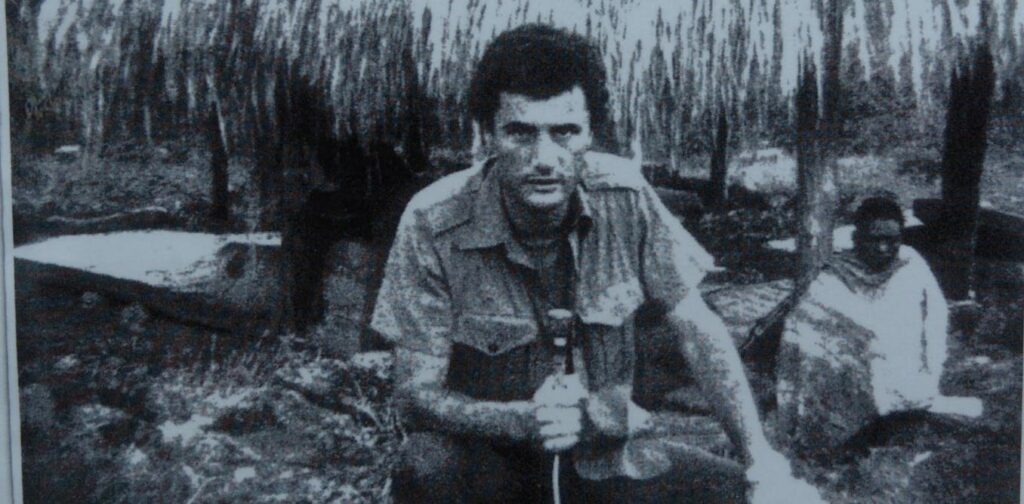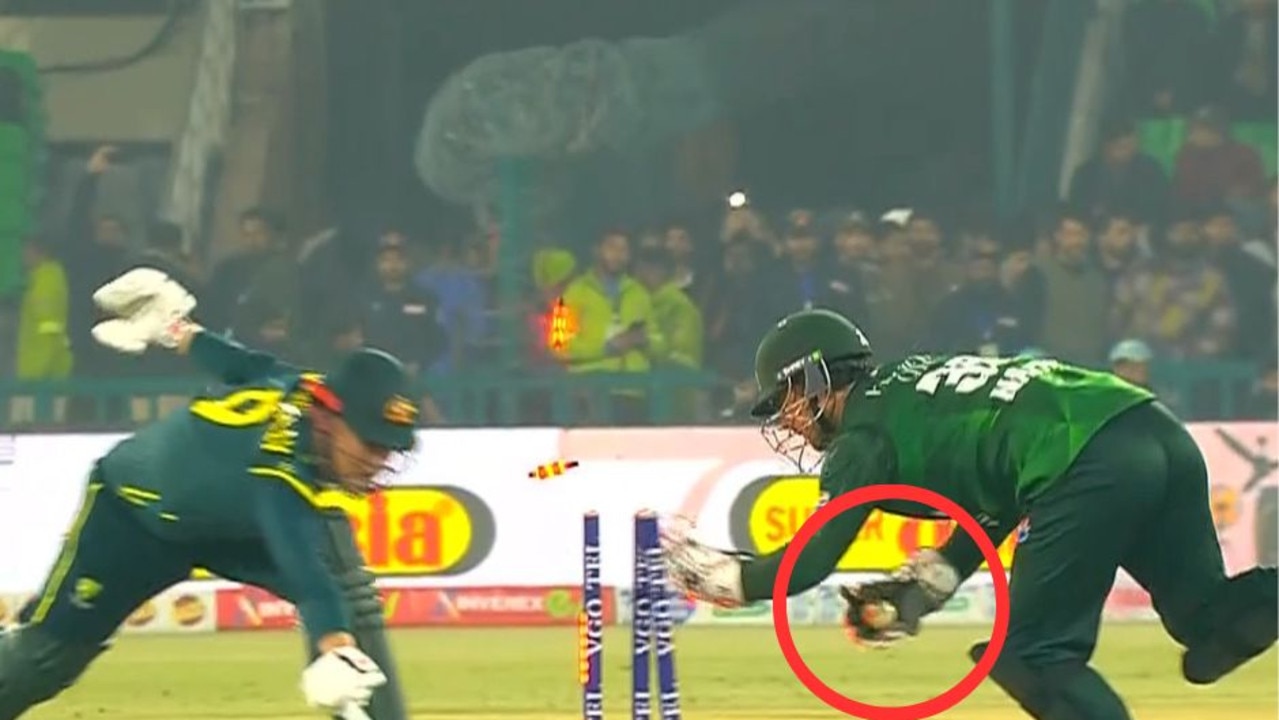
On October 16, 1975, five journalists were killed in the remote Timorese town of Balibo, marking a dark chapter in the history of press freedom. Known as the “Balibo Five,” these men were reporting on the covert Indonesian invasion of Timor-Leste. Despite the passage of time, no one has been charged with their deaths.
The journalists—Greg Shackleton and Tony Stewart from Australia, Malcolm Rennie and Brian Peters from the United Kingdom, and Gary Cunningham from New Zealand—were on the ground to cover the illegal incursion. Their story remains a poignant example of the dangers faced by war correspondents and the failure of states to prosecute the murder of their own citizens.
The 1975 Invasion and Its Aftermath
In 1975, the political landscape of Timor-Leste was rapidly changing. Portugal’s abrupt decolonization led to the left-leaning FRETILIN party declaring independence in November. Indonesia, eyeing the rich oil and gas reserves in the Timor Sea, launched a covert invasion under the guise of anti-colonial stability.
Guided by the current Timorese President Jose Ramos-Horta, then in his 20s, the journalists arrived in Balibo to report on these developments. They famously painted the Australian flag on a building they sheltered in, hoping it would protect them from attack—a plea that tragically went unheeded.
President Ramos-Horta, reflecting on the incident, stated, “The Balibo tragedy remains a symbol of the sacrifice of journalists in conflict zones and the struggle for accountability and justice for war crimes.” In recognition, he posthumously awarded the Collar of the Order of Timor-Leste to Shackleton in 2014, with similar honors to be bestowed upon Cunningham, Stewart, Rennie, and Peters.
A ‘Deliberate Killing’: Legal and Diplomatic Implications
From an international law perspective, the killings of the Balibo Five represent clear violations. Journalists, protected under the Geneva Conventions, were unarmed and identifiable as foreign correspondents. A 2007 inquest by the New South Wales coroner concluded that the journalists were “deliberately killed” by the Indonesian army to prevent them from reporting on the invasion.
“While death tolls during Indonesia’s 24-year occupation of Timor-Leste are contested, hundreds of thousands of people died, many from forced starvation,” experts note. “Many scholars say Indonesia perpetrated a genocide.”
Despite these findings, Indonesia maintains that the journalists were killed in crossfire. The diplomatic narrative reveals a profound failure of international justice, with Australia prioritizing stable relations with Indonesia over pursuing legal accountability. This included resisting calls for a full inquiry and downplaying evidence of Indonesian responsibility.
Decades of Obstruction and the Fight for Press Freedom
The quest for justice has been systematically obstructed by geopolitical considerations. In 2003, the United Nations-sponsored Serious Crimes Unit in Timor-Leste indicted former Indonesian officers for the Balibo killings, but Indonesia refused to recognize the jurisdiction of the Timorese courts.
Efforts by the Australian government, including a promised shift in response by the Rudd administration, faced similar geopolitical constraints. Without Indonesia’s cooperation, prosecution was impossible, highlighting a dangerous precedent: powerful states can shield their military personnel from accountability if they maintain strategic importance to their allies.
Meanwhile, attacks against journalists globally are increasing at an alarming rate. According to Reporters Without Borders, more than 210 journalists have been killed in the recent Gaza crisis, with at least 56 intentionally targeted.
“Journalists are the eyes and ears of the international community, especially in conflict zones,” advocates stress. “Their work is protected under international law, not as a privilege, but as a necessity.”
As the world reflects on the Balibo Five anniversary, there is a renewed call for protecting journalists. Half a century on, the Balibo Five are remembered as martyrs for press freedom, yet justice remains elusive. For the Timorese, the unresolved case symbolizes the unfinished business of their struggle, a painful reminder that while their nation is now free, reconciliation with its past remains incomplete.







